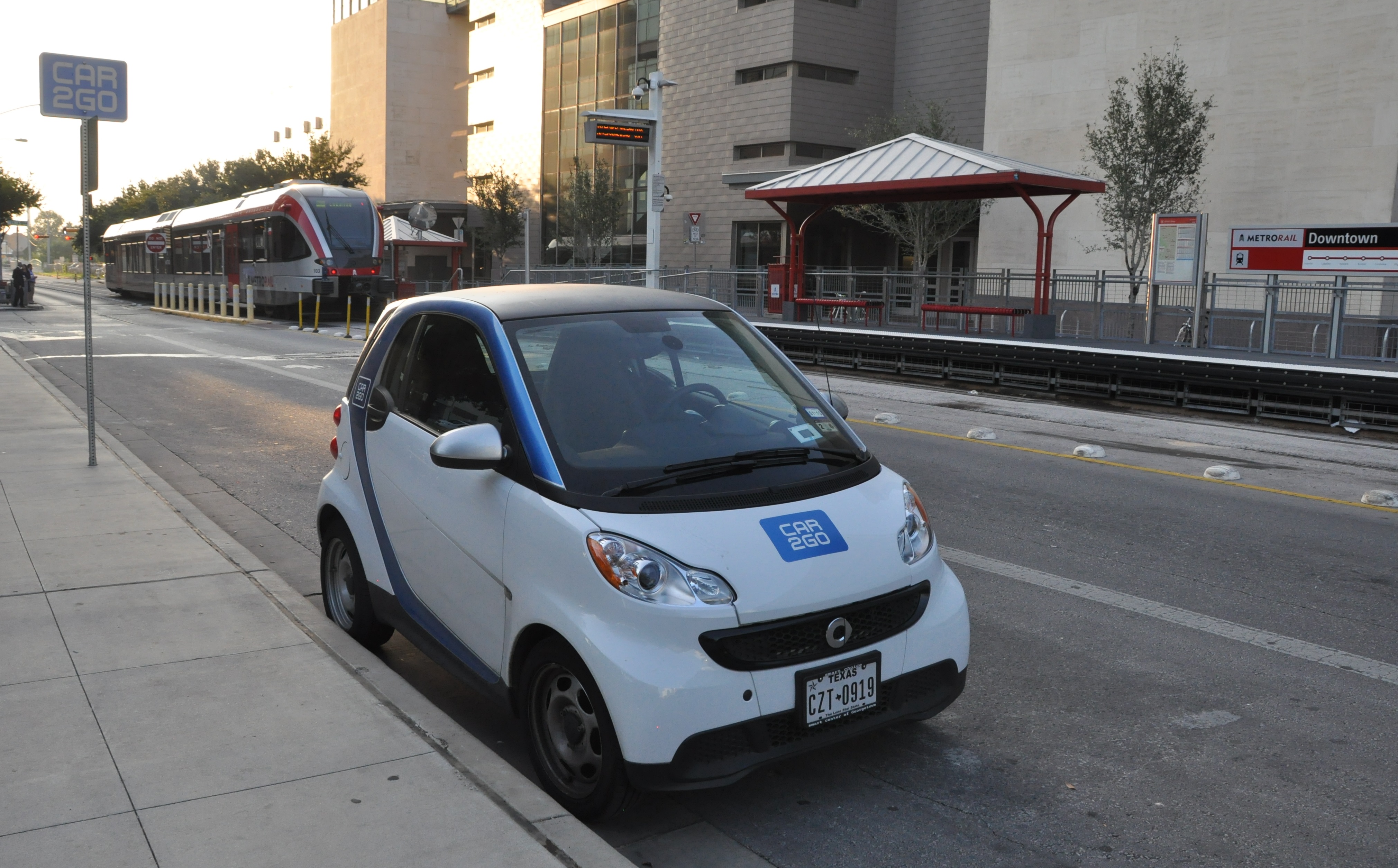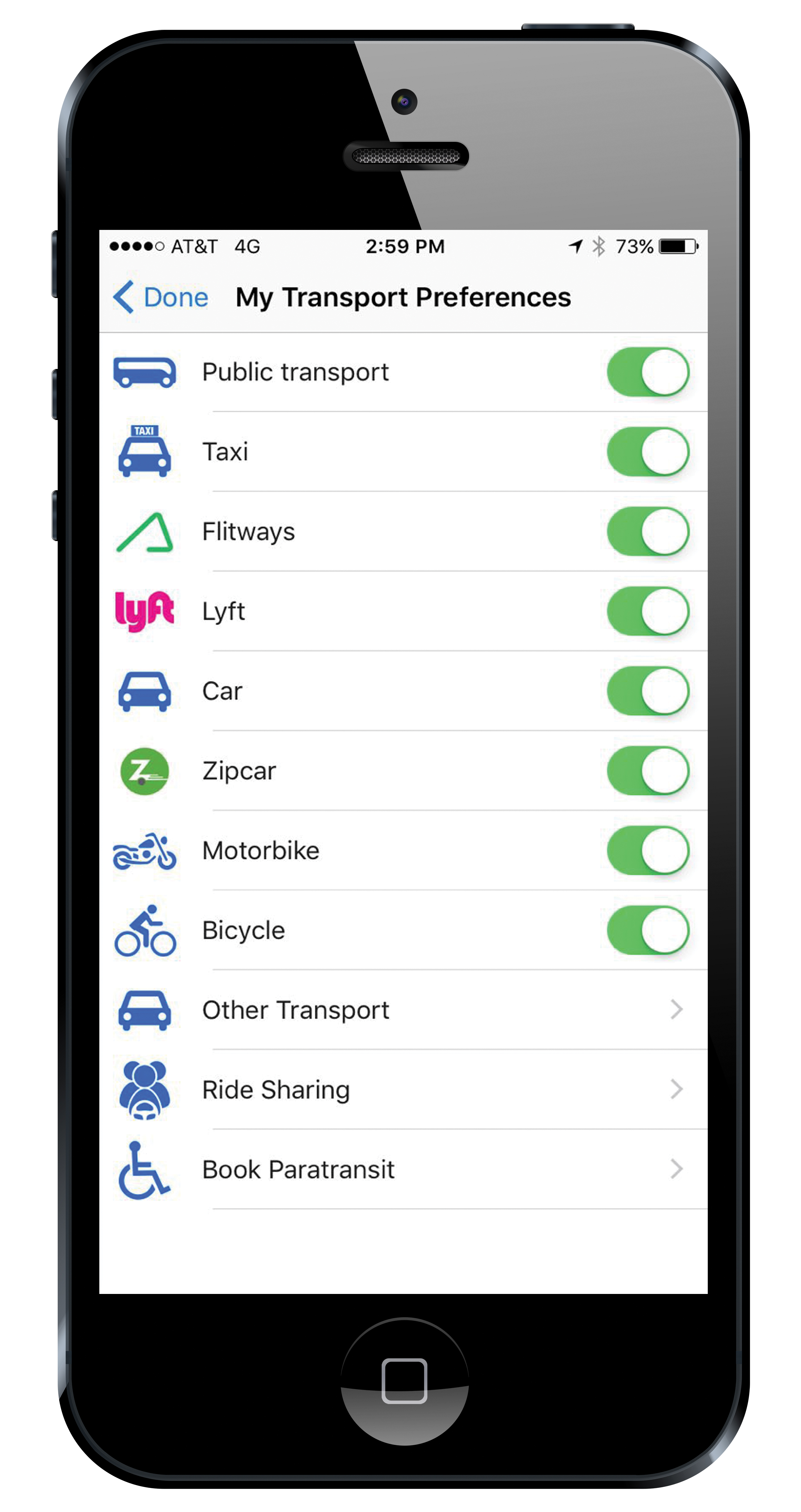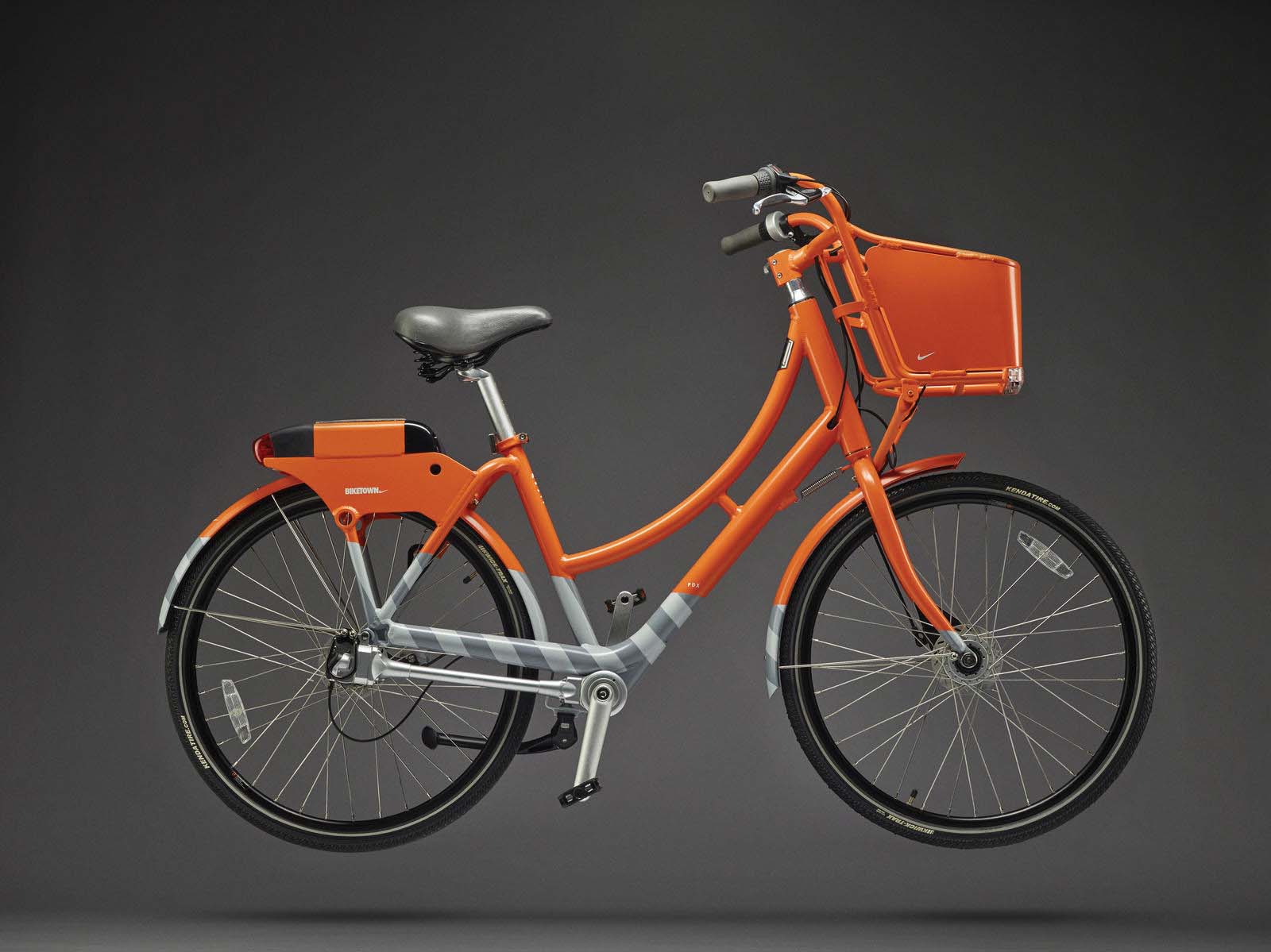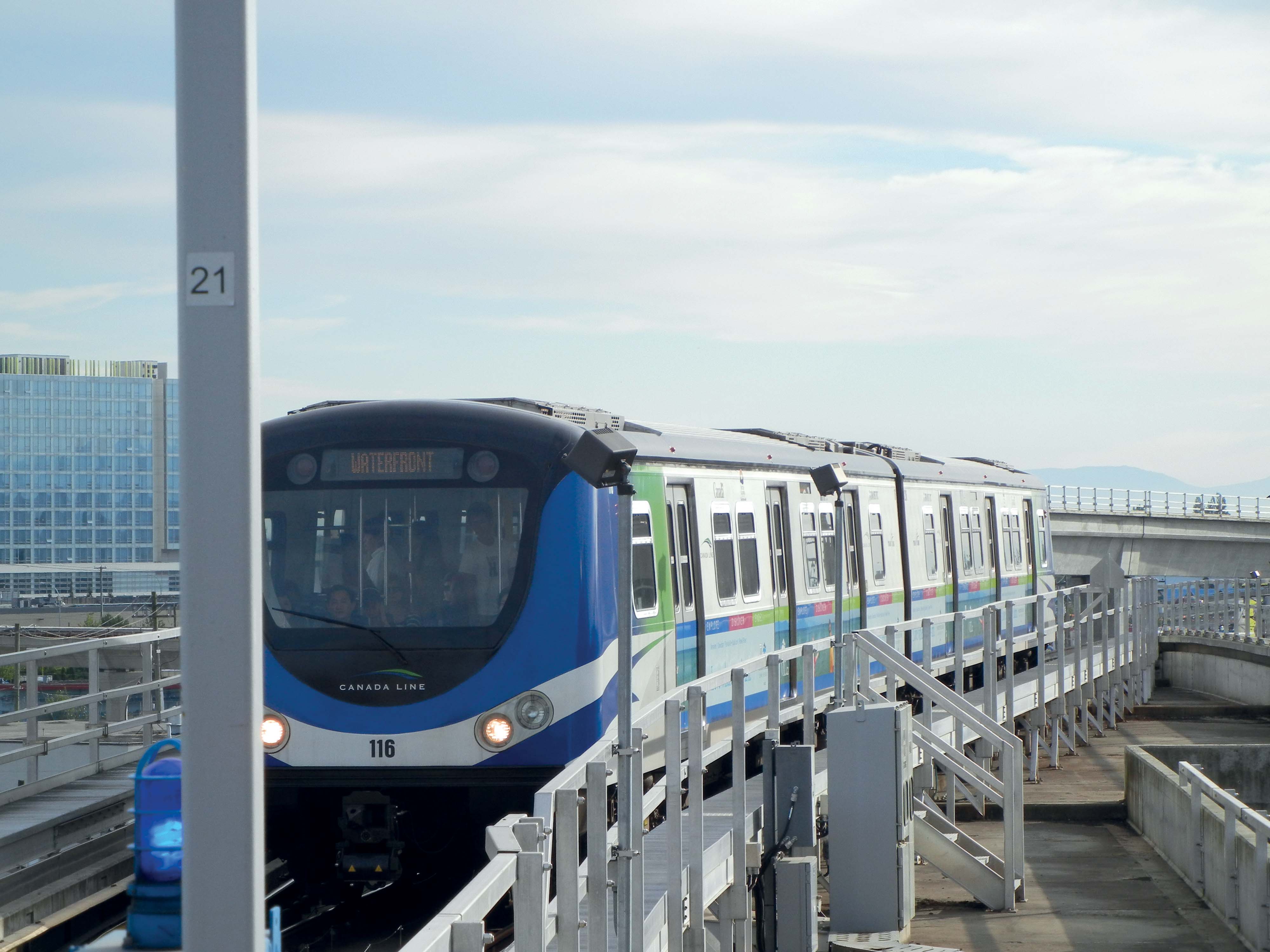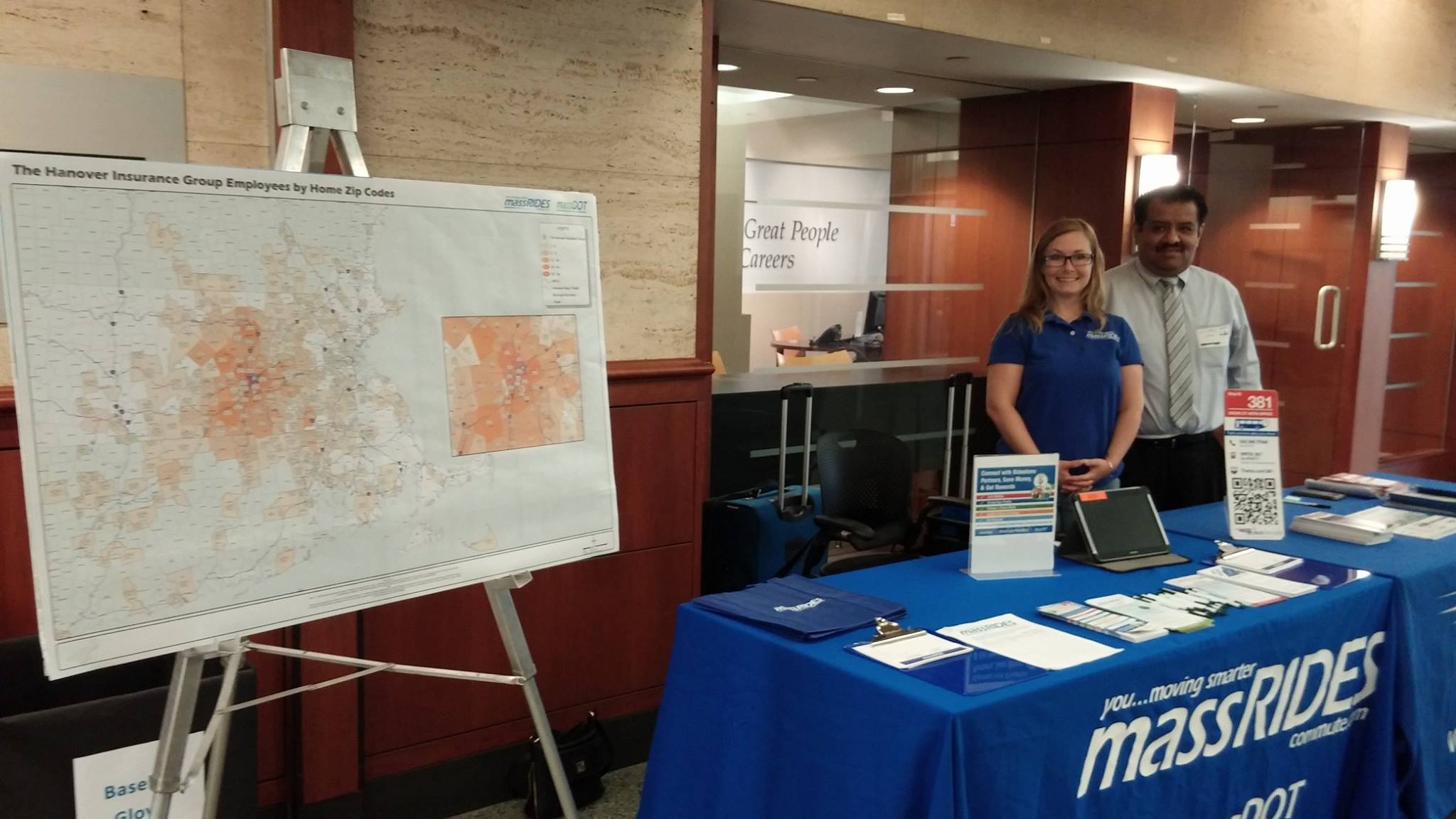
Andrew Bardin Williams looks at state-run schemes to encourage green transportation habits with raffles, gift cards, competitions and frequent traveller points.
The societal benefits of green transportation are obvious: less congestion, cleaner air and healthy economy. Equally the advantages for individuals are pretty clear too: a healthy lifestyle, freedom of movement and the feeling of being a part of something greater than oneself.
Yet green transportation can still be a hard sell as Americans continue to tether themselves to single occupancy vehicles. More than 100 years of automobile use has made it difficult to change people’s transportation attitudes and behaviours - even when the benefits are staring them in the face.
“We do an awful lot to favour automobile travel over other, more efficient modes of transportation,” said Todd Litman, founder of the Victoria Transportation Policy Institute (VTPI) who notes that driving is subsidised to the tune of $3,000 per year per US resident - including $1,000 per year for a dedicated parking space in an urban area.
Automobile use is enshrined in zoning laws, official municipal policies and building codes - all subtly encouraging each person to drive themselves to work or school each morning and back again in the afternoon. It takes great effort to break out of that perceived convenience, and, given these inherent roadblocks, it’s creditable that public transit has achieved the momentum it has over the past 20 years.
Some states are trying to change peoples’ mindsets by giving commuters additional incentives to take green transportation options such as public transit, bicycling, walking, carpool and vanpool. Called transportation demand management (TDM), these programmes seek to incentivise more efficient transportation options while discouraging the use of single occupancy vehicles in an effort to reduce traffic congestion and carbon-based emissions.
While many advocates work behind the scenes to change entrenched transportation policy on the local, state and federal level, TDM programmes try to communicate directly with commuters to encourage them to at least think about more efficient transportation options.
Transit Competitions
CTrides in Connecticut hosts a week-long competition each year among businesses and organisations based in the state to see who can reduce the amount of miles driven and carbon emissions released. From May 16 to May 20 this past year, 1,289 commuters from 54 employers pledged to take greener transportation options for the first time using commuter rail (MetroNorth and Shoreline East), bus (CTtransit), bus rapid transit (CTfastrack), carpool, vanpool, bicycling or walking. The goal, according to CTrides project manager Russell McDermott, is to expose people who normally wouldn’t think about alternative transportation options and coax them to try these modes for the first time.
“The week really serves as a way for CTrides to provide an environment where people feel conducive to try public transit,” McDermott said. “It’s like herd mentality. They have their friends and co-workers encouraging them every step of the way.”
The competition serves as an incentive as well. Employers from insurance giant AETNA to Bigalow Tea to Yale University were named winners in five categories that included the highest number of green trips, total miles saved and most pledges. In addition, each logged trip automatically entered the commuter into a raffle that gave out gift cards from local businesses and memberships of local museums and attractions.
Connecticut commuters logged 26,718 trips during CTrides Week in 2016, taking more than 804,000 vehicle kilometres (500,000 vehicle miles) off the roads while saving 87,000 litres (23,000 gallons) of gasoline and reducing emissions by 207tonnes (228 tons US), in a single working week. Total savings for commuters in that one week? Nearly a quarter of a million dollars (albeit that figure excludes the cost of purchasing transport tickets).
Rideshare Delaware uses one of the most basic incentives to get single occupancy vehicles off the road: the potential to win free stuff. Any commuter who logs at least three green transportation rides per month on the organisation’s website is entered into a raffle with the possibility of winning gift cards from local supermarkets. This includes light rail (SEPTA) and bus (DART and local systems) as well as carpool and vanpool (Rideshare Delaware) trips. A record 193,000km (120,000 miles) were taken off the road in 2015 as a result of the programme, eliminating 30 tonnes (33 tons US) of carbon emissions.
“Something as simple as a gift card can go a long way in getting commuters to record their green transportation trips,” said Christian Regosch, project manager for Rideshare Delaware.
Transit Points
Perhaps the most comprehensive TDM program in the North East is managed by MassRides in Massachusetts. Called NuRide, the programme allows commuters to accrue points for every alternative transportation trip they report on the program’s website. In addition to public transit, rideshare, biking and walking, Massachusetts allows commuters to count flexible schedules and telecommuting in their tally - essentially anything that takes a single-occupancy vehicle off the road during peak hours. Understanding that inter-state commutes are common in New England, NuRide also allows trips across state borders to be recorded.
Commuters can cash in their points for more than 100 different rewards that have been donated by businesses - including gift cards and special coupon deals. Several times a year, a raffle is held to give away free ski vacations at nearby resorts. According to Diane Hanson, the programme director for MassRides, the rewards can be sorted by location, further encouraging residents to buy local and reduce their reliance on automobiles.
More than 34,000 commuters have signed up for the programme, including 7,000 new registrants over the past year alone. In May, commuters cashed in points for 551 prizes at a value of more than $27,000 - an amount that Hanson says continues to climb month over month. As in Connecticut, the businesses, hospitals and colleges in Massachusetts can go head to head against each other for green transportation bragging rights.
The results have been staggering. According to Hanson, more than 40 million vehicle kilometres (25 million vehicle miles) have been taken off Massachusetts’ roads in the 11 months between July 2015 and May 2016 because of the programme.
Disincentive Argument
Making a dent in the volume of single occupancy vehicles will require going beyond raffles and transit points, argues VTPI’s Litman. Governments need to change the policies that have incentivised automobile use for the past 100 years because that commuters who use the bus or carpool take up less road space, leading to lower traffic volumes and congestion. Litman suggests that subsidies that encourage single occupancy driving be rolled back in favour of more efficiently-managed road use - specifically parking.Cashout parking allows commuters to trade in their employer-provided parking spaces for the cash equivalent or public transit fare cards. Given the choice between a personal parking space at the office or $1,000 in cash, many people - especially Millennials - are choosing to bank the cash and rely on public transport.
The Commute Trip Reduction (CTR) law in Washington requires employers to offer commuters a cashout parking option, however, Litman admits that non-compliance is rarely enforced. However, more than 1,000 businesses and organisations and 500,000 commuters around the state have signed up for the programme, resulting in almost 250 million vehicle kilometres (154 million vehicle miles) reduced since 2007. These same commuters have saved, on average, a collective $30 million per month on reduced transportation costs.
Helping people to see the benefits of green transportation is tough - even when the advantages are staring them in the face. As many states have found out, it’s low-cost, low-risk incentives such as raffles and gift cards that are starting to make a difference in changing transportation attitudes. And the results are definitely there.
However, at some point, there is a need to set aside the gift cards and 10% off coupons and continue the push to change transportation policy and funding priorities at the municipal, state and federal level – ensuring the prioritisation of green transportation over single occupancy vehicles.
- About the author: Andrew Bardin Williams is a freelance journalist and US Contributing Editor for ITS International.



